Into the blast furnace of political rage and hysteria, Patrick Schreiner brings a cool, fresh breeze that clears heads and calms souls.
Rather than erupting about particular issues, his book Political Gospel takes a measured and insightful look at what the Bible says about Christians and governments.
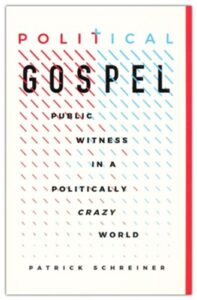 First, Schreiner says the gospel is decidedly political but not the way we might think. It is not partisan. It does not justify supporting one party or another. Rather it is political in that the gospel speaks to our common public life that we all share, regardless of our beliefs.
First, Schreiner says the gospel is decidedly political but not the way we might think. It is not partisan. It does not justify supporting one party or another. Rather it is political in that the gospel speaks to our common public life that we all share, regardless of our beliefs.
Jesus, after all, said he was king. And certainly the Roman government as well as the Jewish leaders understood that to be political. So political, in fact, that it got him killed.
The word gospel was also taken from the world of politics, a word meaning “good news” that was applied to the announcement of military victories.
Even the word believe (as in “repent and believe the gospel”) was about loyalty as much as faith. Who would we be loyal to ultimately? Caesar or God? That’s political.
With skill and expertise, Schreiner handles all the passages we’d expect and many we wouldn’t that bear on these questions. Yes, Romans 13 encourages submitting to government authorities because their authority comes from God. But we must also lay that alongside Revelation 13 which views governments as sourced in Satan.
How do we deal with this dual nature of civic power? With a dual response—both submission and subversion. Schreiner contends this was Jesus’ own response.
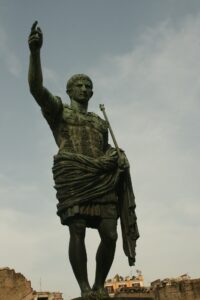 Jesus submitted to a Roman trial when he could have used his power (that is, he could have used violence) to stop it. He didn’t. Nonetheless, he refused to accept Rome’s authority as ultimate. God was the source of whatever authority the government had. While the government could act contrary to God, it was nonetheless responsible for its misdeeds and for failing to provide justice for the weak and oppressed.
Jesus submitted to a Roman trial when he could have used his power (that is, he could have used violence) to stop it. He didn’t. Nonetheless, he refused to accept Rome’s authority as ultimate. God was the source of whatever authority the government had. While the government could act contrary to God, it was nonetheless responsible for its misdeeds and for failing to provide justice for the weak and oppressed.
Likewise, Paul proclaimed a subversive message contrary to the government’s view of the gods and what it meant to be a loyal citizen, but he submitted to government authorities and procedures when arrested—much like his Master.
Schreiner’s framework, as he himself admits, doesn’t resolve every public debate. We still have knotty problems to untie. But he does offer principles to guide us—principles that clearly don’t include ridiculing others, name calling, self-righteous anger, or violence.
Throughout Schreiner highlights Jesus’ third way—not a compromise between two extremes but a path that refuses to accept the assumptions or categories of either side.
One of his most important insights in applying the framework of submission and subversion is that how we employ these two strategies is dependent on how much power we have in society. “For those with power, submission means sacrifice and service. We sacrifice our own desires and power for the common good.” Subversion means taking advantage of “opportunities to reform” from the inside in the cause of justice for those without power, not for our benefit or that of our group.
Those with less power will spend “more time critiquing or protesting the existing norms” (p. 198-99) even as they seek to show respect for those in authority. In either case, to subvert is to suffer for doing good.
Clearly, when so few American Christians seem to believe we should love our enemies, the church has failed in political discipleship. Political Gospel is a step toward faithfully bearing witness to the kingdom of God.


 While the differences in Bible versions can be confusing, it’s important to remember the advantages. It means we have a variety of translations well suited for different purposes–some for public reading, some for study, and others for devotional reading. In addition, if we come across phrases like “holy kiss,” “with . . . a double heart,” “make their ears heavy”—we may be left a bit befuddled. By comparing different translations, we can sometimes get a better sense of the range of meanings in a text. 40 Questions charts dozens of translations along a continuum to show how they each wrestle with the balance of accuracy and readability in different ways.
While the differences in Bible versions can be confusing, it’s important to remember the advantages. It means we have a variety of translations well suited for different purposes–some for public reading, some for study, and others for devotional reading. In addition, if we come across phrases like “holy kiss,” “with . . . a double heart,” “make their ears heavy”—we may be left a bit befuddled. By comparing different translations, we can sometimes get a better sense of the range of meanings in a text. 40 Questions charts dozens of translations along a continuum to show how they each wrestle with the balance of accuracy and readability in different ways.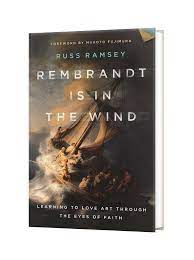
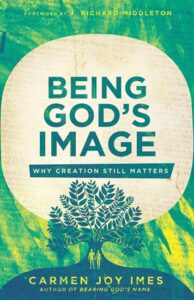 Carmen Joy Imes, in
Carmen Joy Imes, in 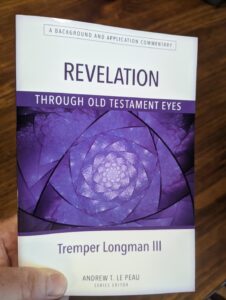
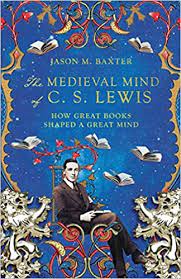
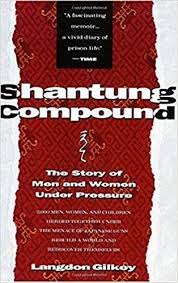
 Riders are not mere lackies. They can learn new types of thinking (math, logic, technology, etc.) and explore alternatives which can help the elephant avoid disaster. “And most important,” as Haidt wrote in
Riders are not mere lackies. They can learn new types of thinking (math, logic, technology, etc.) and explore alternatives which can help the elephant avoid disaster. “And most important,” as Haidt wrote in  Today we live in what Tom Wolfe called the “Me Generation” and what David Brooks labeled in The Road to Character as the age of “the Big Me.” Yet, contrary to popular opinion, our sinful nature is, as Chesterton once observed, the only Christian doctrine that is empirically verifiable.*
Today we live in what Tom Wolfe called the “Me Generation” and what David Brooks labeled in The Road to Character as the age of “the Big Me.” Yet, contrary to popular opinion, our sinful nature is, as Chesterton once observed, the only Christian doctrine that is empirically verifiable.*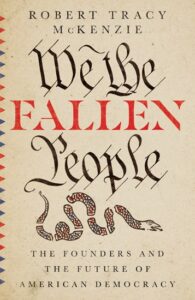

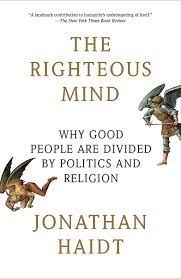
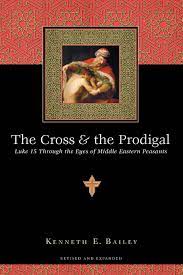
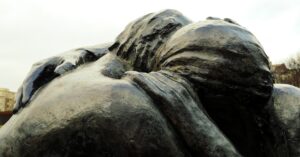 Further, he acts as his own intermediary. Mediators are common in such cultures. Two people who are at odds do not confront each other directly lest one loose face. The father took this risk of rejection. Indeed, having been the grievously injured party, custom would require that the father wait and aloofly receive his groveling son—which is exactly what the son expects. The father again sets aside his honor for the prospect of joyful reconciliation.
Further, he acts as his own intermediary. Mediators are common in such cultures. Two people who are at odds do not confront each other directly lest one loose face. The father took this risk of rejection. Indeed, having been the grievously injured party, custom would require that the father wait and aloofly receive his groveling son—which is exactly what the son expects. The father again sets aside his honor for the prospect of joyful reconciliation.